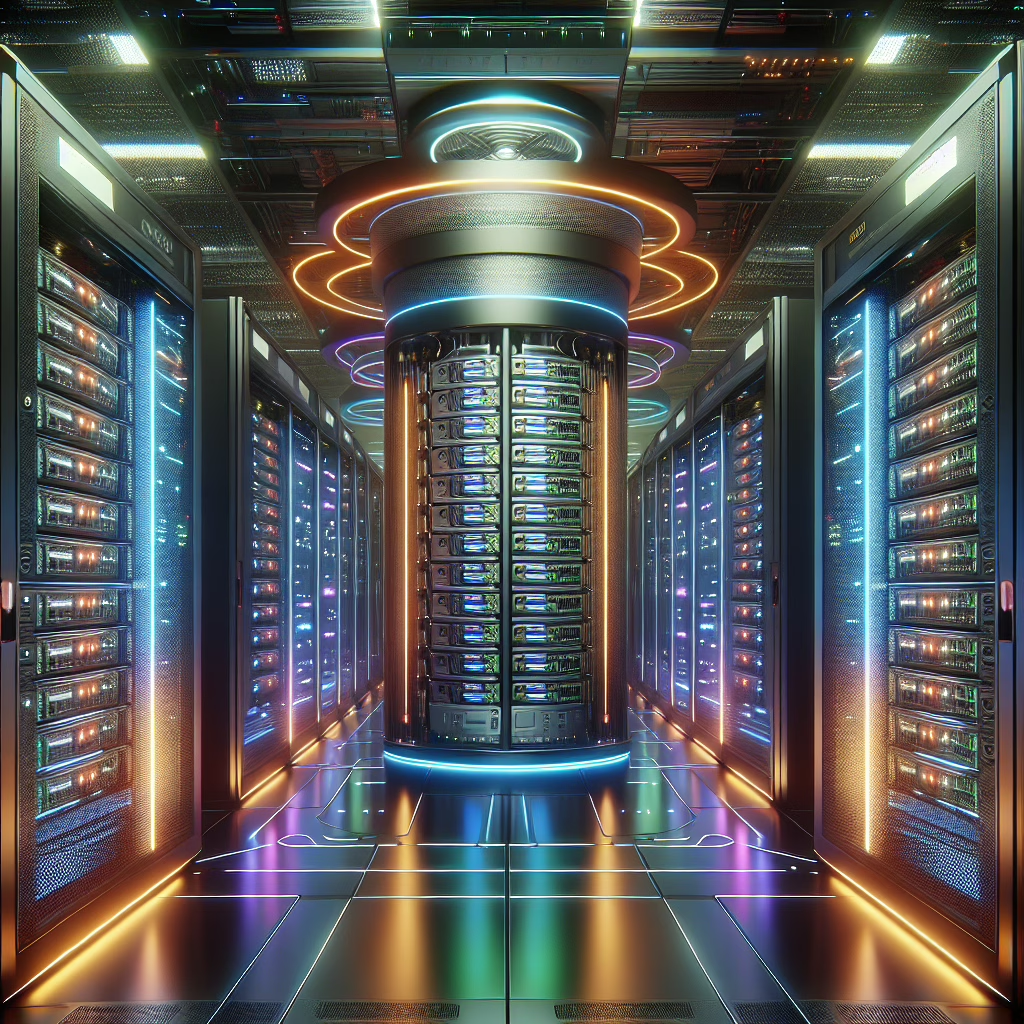Get ready to fasten your seatbelts, tech enthusiasts, because NVMe HDDs are about to make a splash in the data center world! Yes, you heard that right. We’re talking about a storage revolution that promises faster speeds and improved efficiency. But before you start dreaming of supercharged home PCs powered by these futuristic drives, let’s take a stroll down reality lane.
What Are NVMe HDDs and Why Should You Care?
NVM Express (NVMe) is like the cool kid on the block when it comes to storage protocols. Specifically designed for SSDs, NVMe has now decided to throw its hat into the ring with traditional hard disk drives (HDDs). So, what’s the big deal? Imagine a world where your data transfers at lightning speed, making those frustrating loading times a thing of the past. Sounds dreamy, right?
In the realm of data storage, NVMe HDDs combine the best of both worlds: the high capacity of traditional HDDs with the snappy performance of SSDs. This hybrid approach could usher in a new era for data centers, allowing them to manage vast amounts of information more efficiently than ever before.
The Dawn of a New Era in Data Centers
As we inch closer to this technological breakthrough, it’s important to note that NVMe HDDs are primarily aimed at data centers. Why? Because these facilities thrive on speed and efficiency. Data centers handle enormous volumes of information daily, and any enhancement in speed can lead to significant cost savings and improved performance.
But hold your horses! Don’t expect these magical devices to appear in your average home PC anytime soon. The current landscape suggests that while NVMe HDDs will be gracing enterprise environments in the near future, they may not make their way into your gaming rig or home office until a decade passes—or perhaps longer!
Why Your PC Might Not Be Ready for NVMe HDDs
Now, let’s address the elephant in the room: compatibility. Most consumer PCs are still basking in the glory of SATA SSDs and traditional HDDs. While these are perfectly capable for everyday tasks like streaming cat videos or sending emails, they don’t quite have what it takes to handle the power of NVMe HDDs.
The reality is that NVMe technology requires specific hardware support—think motherboards with M.2 slots or PCIe lanes galore. Unless you’re willing to upgrade your entire system (and who has that kind of budget lying around?), it might be wise to sit tight and admire from afar.
What About Price Tags?
Let’s talk about another crucial factor: cost. As with any groundbreaking technology, early adopters often face steep prices. While traditional HDDs are as affordable as a late-night pizza run, NVMe HDDs will likely carry a price tag that makes your wallet weep.
If you’re wondering whether investing in an NVMe HDD will yield benefits for personal use, consider this: Unless you’re running a data center or have an insatiable need for speed (and let’s be real—who doesn’t want their computer to boot up faster than they can pour their morning coffee?), it might be best to stick with what works for now.
The Future is Bright (But Not Right Now)
So, what does the future hold for NVMe HDDs? As technology evolves, we can expect improvements in performance and affordability over time. Companies will continue pushing boundaries to meet our insatiable appetite for speed and efficiency. And who knows? One day you might find yourself sitting at home with an NVMe HDD powering your digital life!
Until then, let’s appreciate the existing technology that serves us well while keeping an eye out for this exciting development in storage solutions. Consider reading more about data management and security to improve your understanding in this sector!
If you have thoughts on NVMe HDDs or predictions about their arrival into consumer markets, we’d love to hear from you! Share your insights in the comments below!
A big thank you to TechRadar for their fantastic article on this topic!

